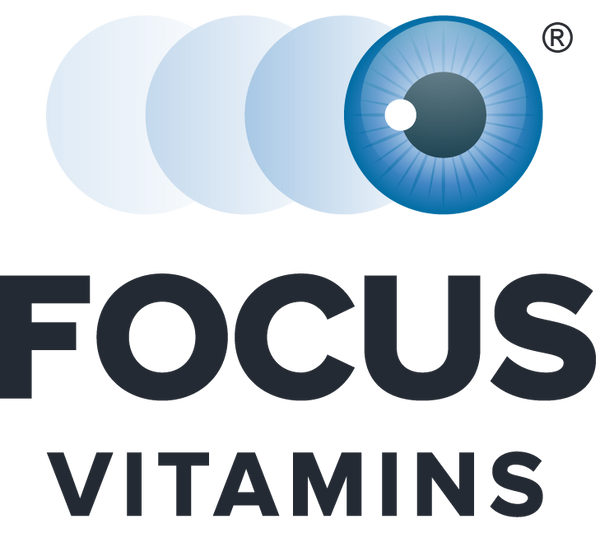How Much Omega-3 Do You Need Per Day?

Omega-3 fatty acids have gained quite a reputation for their numerous health benefits. From promoting heart health to supporting brain function, these essential fats are crucial for overall well-being. But how much omega-3 do you really need each day to reap its benefits?
Understanding Omega-3 Fatty Acids
Omega-3 fatty acids are polyunsaturated fats that are considered essential because the human body cannot produce them on its own. There are three main types of omega-3 fatty acids:
- ALA (Alpha-Linolenic Acid): Found in plant sources like flaxseeds, chia seeds, walnuts, and certain vegetable oils.
- EPA (Eicosapentaenoic Acid): Primarily found in fatty fish like salmon, mackerel, and sardines.
- DHA (Docosahexaenoic Acid): Also abundant in fatty fish, especially in fish oil supplements.
The Recommended Daily Intake
The recommended intake of omega-3 fatty acids varies depending on factors such as age, sex, health status, and dietary preferences. Here are the general recommendations:
- ALA: The Adequate Intake (AI) for ALA is 1.1 grams per day for women and 1.6 grams per day for men. For vegetarians and vegans who rely on plant-based sources for omega-3, meeting this requirement is crucial.
- EPA and DHA: There is no established Recommended Dietary Allowance (RDA) for EPA and DHA. However, many health organizations recommend consuming at least 250-500 milligrams of combined EPA and DHA per day for healthy adults. For individuals with certain health conditions, such as heart disease, higher doses may be recommended under medical supervision.
Meeting Your Omega-3 Needs
Achieving the recommended intake of omega-3 fatty acids can be accomplished through a combination of dietary sources and supplements:
- Fatty Fish: Incorporate fatty fish into your diet at least twice a week. Salmon, mackerel, sardines, and trout are excellent sources of EPA and DHA.
- Plant-Based Sources: Include ALA-rich foods such as flaxseeds, chia seeds, hemp seeds, and walnuts in your meals regularly.
- Supplements: If you struggle to meet your omega-3 needs through diet alone, consider taking fish oil or algae oil supplements. These supplements provide concentrated doses of EPA and DHA.
Focus Relief Plus® provides 1620mg of re-esterified triglyceride (rTG) Omega-3 fatty acids per day with over 90% EPA and DHA, a higher concentration than other leading supplements. It also contains 75mg of GLA, which when combined with EPA/DHA, can play an important role in reducing inflammation.
Considerations and Caution
While omega-3 fatty acids offer numerous health benefits, it's essential to be mindful of potential risks and considerations:
- Quality Matters: When choosing fish oil supplements, opt for reputable brands that undergo third-party testing to ensure purity and potency, such as Focus Vitamins.
- Balanced Intake: Aim for a ratio of omega-6 to omega-3 fatty acids that is close to 4:1 for optimal health.
- Consult Your Healthcare Provider: If you have specific health concerns or conditions, consult with a healthcare provider or registered dietitian to determine the appropriate dosage of omega-3 supplements for your needs.
Omega-3 fatty acids play a crucial role in supporting overall health and well-being. By incorporating a variety of omega-3-rich foods into your diet and considering supplementation when necessary, you can ensure that you meet your daily omega-3 needs. Remember, achieving balance and moderation is key to reaping the full benefits of these essential fats.

Try Focus Relief Plus® Today!
Are you a healthcare provider interested in offering top-quality omega-3 supplements to your patients? Email us at wholesale@focusvitamins.com today to learn more about how you can sell Focus Relief Plus® at your clinic and provide your patients with a trusted source of omega-3s. Let's work together to promote health and wellness in your community!



